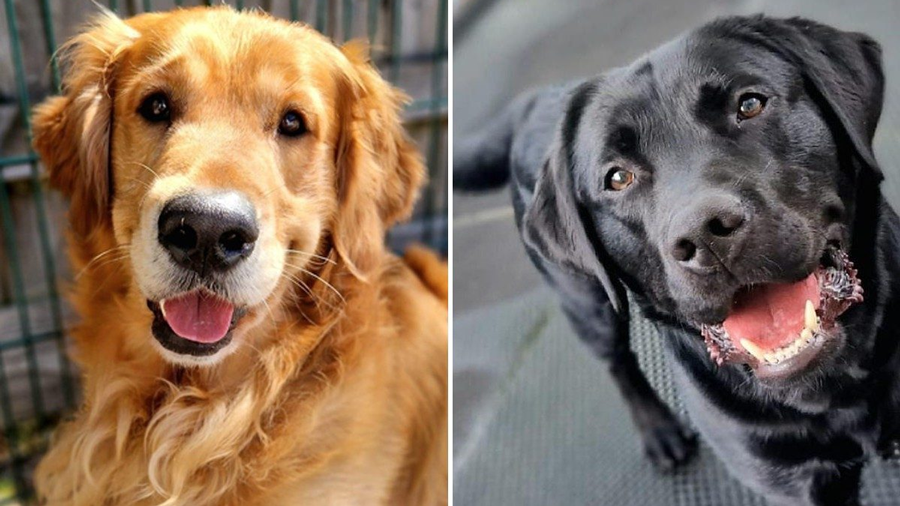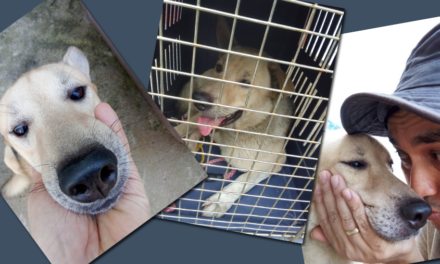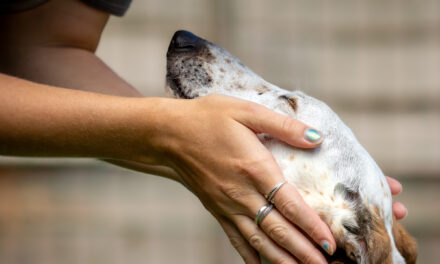The headquarters of the Guide Dogs charity in Leamington Spa has faced challenges as two of its young male dogs were placed under quarantine. They tested positive for the bacterium Brucella canis, a disease with no known cure in dogs that can also infect humans.
Although humans can be treated with powerful antibiotics, the disease poses risks significant enough that many veterinarians prefer not to treat infected animals. The UK Government currently advises that euthanising infected dogs is the only sure way to prevent the disease from spreading to other dogs or people.
Transmission of B. canis occurs through contact with bodily fluids. The primary risk arises from exposure to reproductive fluids, like during whelping or neutering, rather than saliva or urine which contain lower levels of the bacterium.
A noticeable increase in Brucella canis cases in recent times is attributed to the influx of infected imported dogs, primarily from Romania, into the UK market. This has raised concerns among experts about the undetected spread of the disease.
In response to the growing concerns, Guide Dogs initiated a Brucella screening programme this spring to ensure that any dogs used for breeding were not carriers of the disease. Two dogs, Albus, an 18-month-old Black Labrador, and Spencer, a Golden Retriever nearing three years of age, were the only ones among 80 potential studs to return a positive test. Both were present at the charity’s Leamington Spa facility, which functions as an early training, veterinary care, research, and breeding centre, when they tested positive.
Dr Tim Davies, Chief Veterinary Officer at Guide Dogs, indicated that following the diagnosis, the dogs were isolated and later transferred to a designated facility in Reading for more space and to separate them from the breeding stock. Despite the test results, Dr Davies believes it’s probable that the results for Albus and Spencer were false positives due to the known 2% error rate in testing.
The future of Albus and Spencer remains uncertain. The Guide Dogs charity is exploring a novel plan to have them fostered by remote carers, given the challenges with the reliability of tests and ambiguous governmental guidance. The ideal fosterer would be in a remote location, like a farm, without young children, elderly parents, immunocompromised individuals, or other dogs. Lawyers are presently examining the feasibility of this approach, considering legal and insurance challenges.
However, if a suitable home isn’t identified, or if legal complications arise, the dogs might spend their lives in isolation. In the worst-case scenario, considering their quality of life, euthanasia might become the only option.
The Guide Dogs charity is making efforts to ensure the welfare of Albus and Spencer, who, by all accounts, are friendly and lively dogs. They are striving to find a solution that will allow these dogs a chance at a normal life, away from biosecure facilities.
Image: Guide dogs Spencer and Albus. Source: Guide Dogs for the Blind








